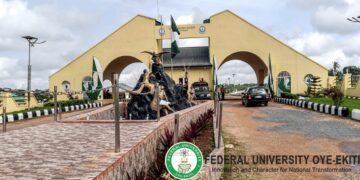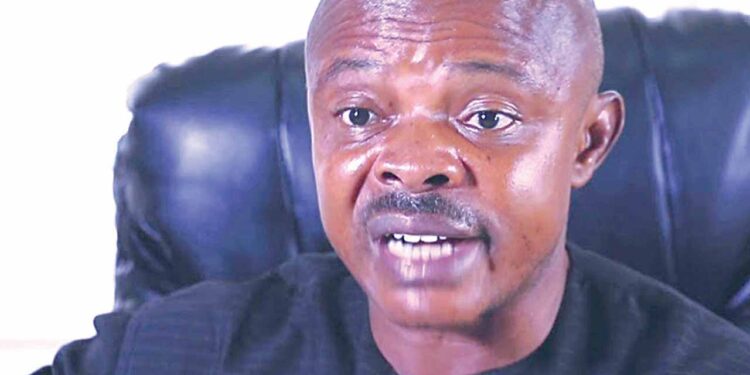The President of the Nigeria Labour Congress (NLC), Comrade Joe Ajaero, has called on the Academic Staff Union of Universities (ASUU) to begin discussions on unionising private universities across the country.
Speaking during The Toyin Falola Interview Series on Sunday, which featured ASUU President, Prof. Christopher Piwuna, Ajaero said it was time for academic staff in private institutions to be part of the broader labour movement to ensure fairness and solidarity in Nigeria’s higher education system.
“Private Universities Were Created to Undermine ASUU”
Ajaero claimed that private universities were originally established to weaken ASUU’s influence and to prevent staff unionisation. He urged the academic union to resist that narrative by bringing lecturers in private universities under its umbrella.
He also criticized the federal government’s long history of unfulfilled promises to ASUU, describing it as “incessant harassment” of academic staff.
“Since 2009, the government has willingly signed agreements with ASUU but has failed to implement them,” Ajaero said. “We must put an end to this pattern of neglect.”
The NLC president reminded participants that ASUU’s creation was once resisted by authorities who claimed it should not be affiliated with the NLC because it was a senior staff association—a position the NLC successfully challenged in court.
A Call for Unity Among University Unions
Ajaero urged greater collaboration among various university-based unions to present a united front in negotiations with the government.
> “The challenges facing Nigeria’s universities require synergy, not division,” he emphasized.
ASUU, Scholars React
Responding, ASUU President Prof. Christopher Piwuna said the union’s push for improved funding and infrastructure is driven by concern for the welfare of staff and students, not self-interest.
“ASUU members endure intimidation and hardship because they care about the future of Nigerian universities,” Piwuna said.
Prof. Francis Egbokhare, one of the discussants, highlighted what he described as an “ideological gap” between ASUU and the government.
“While ASUU focuses on improving the education system through better welfare and research conditions, the government views union activities through a political lens,” he explained. “There must be an ideological convergence to protect students from continued suffering.”
Private universities in Nigeria currently operate outside ASUU’s structure and are therefore insulated from the frequent strikes that affect public universities. However, growing concerns about working conditions and academic freedom in the private sector have renewed calls for their inclusion in broader union activities.

















































































 EduTimes Africa, a product of Education Times Africa, is a magazine publication that aims to lend its support to close the yawning gap in Africa's educational development.
EduTimes Africa, a product of Education Times Africa, is a magazine publication that aims to lend its support to close the yawning gap in Africa's educational development.